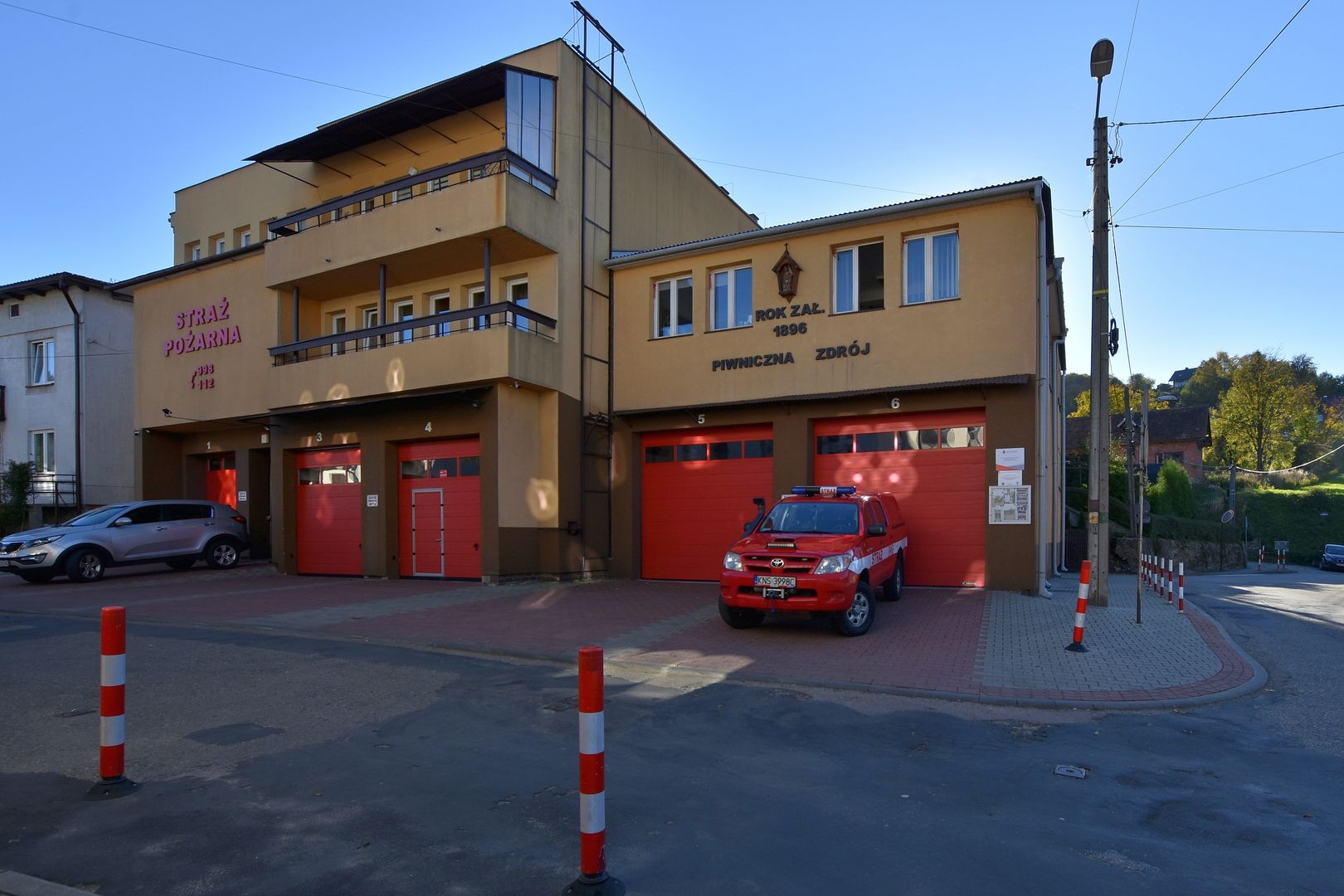Piwniczna-Zdrój
6.9

Overview
Piwniczna-Zdrój, a town in the Lesser Poland Voivodeship, was founded in 1348 by a decree of King Casimir III the Great. Its name originates from "the entrance to the town shadowed by a dense forest" and legends of medieval underground tunnels. The town developed dynamically due to its location on a busy trade route to Hungary and numerous royal privileges. In the 18th century, a water supply network was built, along with other important facilities such as a school, mills, and a hospital. In the 20th century, Piwniczna became a renowned health tourism center thanks to the discovered mineral water springs, offering numerous health therapies. Architecturally interesting sites in the town include a 19th-century well and a parish church built between 1881 and 1886, featuring richly decorated interiors. Piwniczna-Zdrój is known for its diverse tourist attractions, such as boat rafting along the Poprad River valley, the observation tower on Eliaszówka Hill, and numerous hiking trails spanning 280 km. The Municipal Cultural Center organizes events like the Days of Piwniczna, and the local folklore is represented by the "Dolina Popradu" ensemble. The renowned actress Danuta Szaflarska was born in Piwniczna, and the town also has its controversies related to the spelling of its name (Piwniczna-Zdrój). In terms of winter tourism, Piwniczna offers excellent skiing conditions thanks to nearby ski resorts.
Location
2026 Wizytor | All Rights Reserved